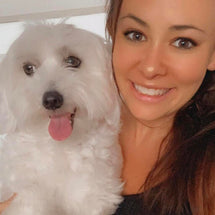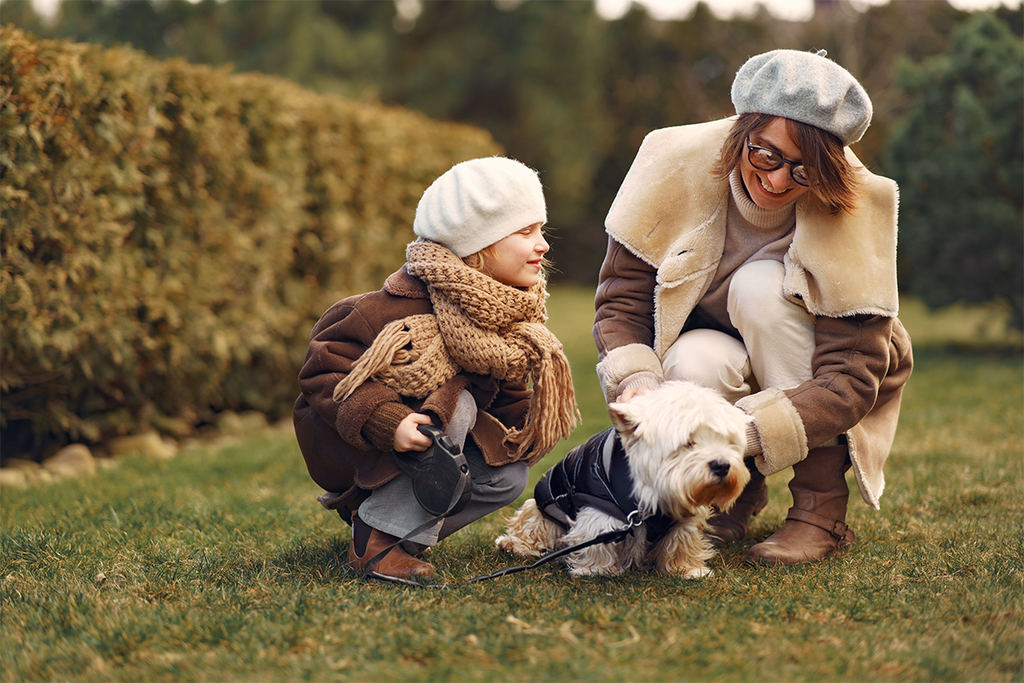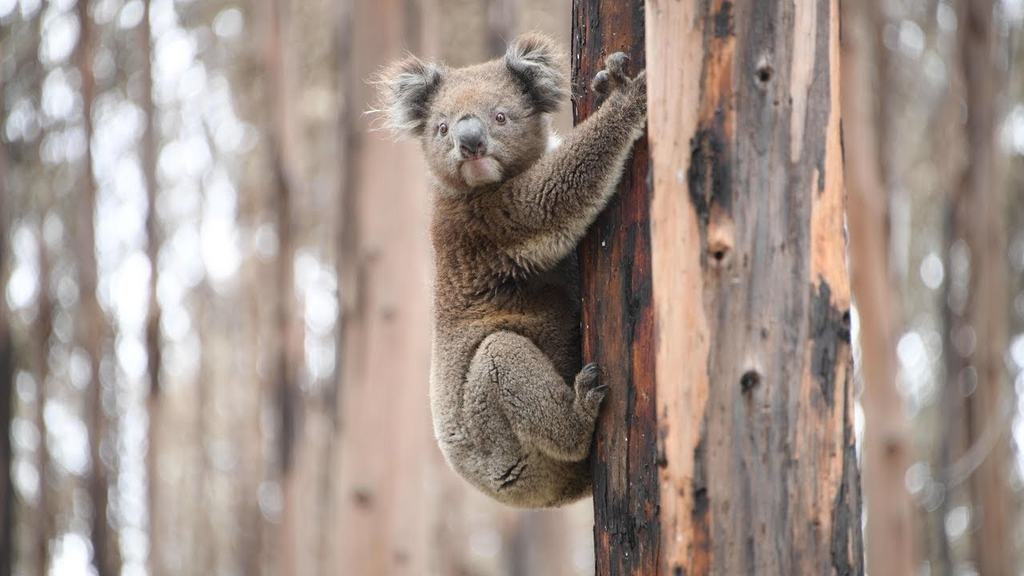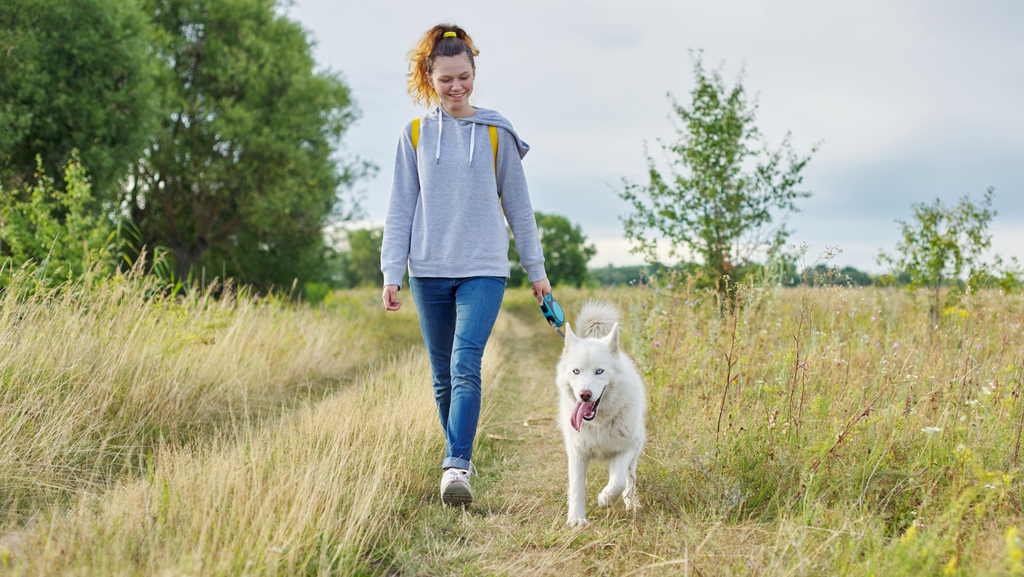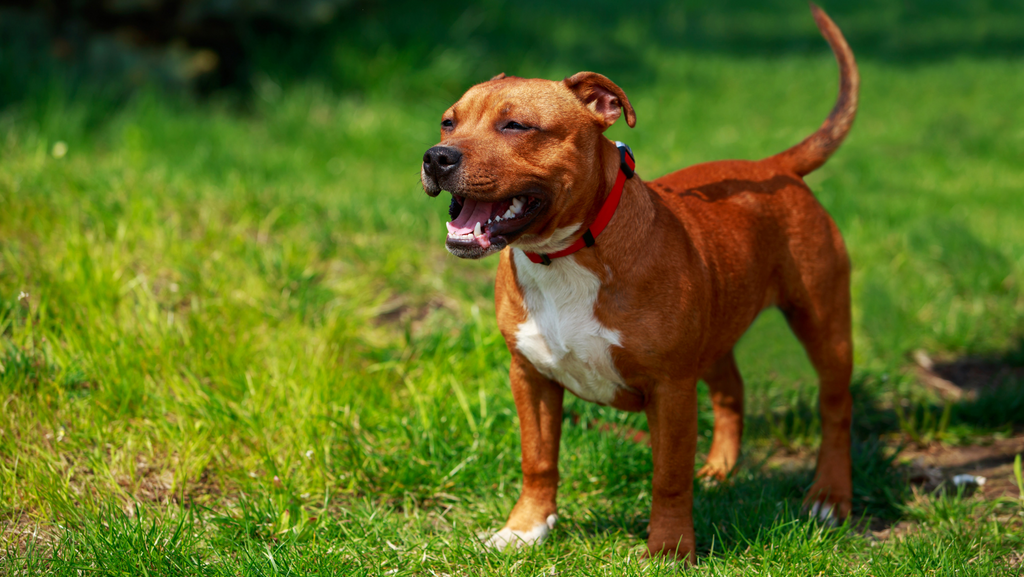Intelligent and Energetic - Border Collies

A Border Collie is a breed of dog known for its intelligence, high energy levels, and exceptional herding abilities. Originating from the Anglo-Scottish border region, Border Collies were bred primarily for herding livestock, particularly sheep.
While Border Collies are high-energy working dogs, they also make wonderful pets for active families. They thrive in environments where they receive plenty of exercise and mental stimulation. Their loyalty, intelligence, and affectionate nature endear them to many dog lovers.
How Big Do Border Collies Get?
Border Collies are medium-sized dogs, with their size varying slightly between males and females.
- Male Border Collies: 48 to 56 cm high and 14 to 20 kg
- Female Border Collies: 46 to 53 cm and 12 to 19 kg
Are Their Different Types of Border Collies?
While Border Collies typically come in two main coat types—smooth and rough—they are not formally recognized as distinct "types" like some other breeds.
Coat Types:
- Smooth Coat: This type has a shorter and sleeker coat that lies close to the body, requiring less grooming compared to the rough-coated variety.
- Rough Coat: Border Collies with rough coats have longer, coarser outer fur and a dense undercoat, giving them a more tousled appearance. They typically require more frequent grooming to prevent mats and tangles
Are Border Collies Hypoallergenic?
Border Collies are not considered hypoallergenic. While no dog breed is truly hypoallergenic, some breeds are less likely to cause allergies than others. Border Collies, with their double coat that sheds year-round and more heavily during seasonal changes, can produce more dander and shed hair, which can trigger allergies in sensitive individuals. If you are looking for a low maintenance dog, or don’t have a good vacuum cleaner, this one is not for you!
What is the Lifespan of a Border Collie?
The lifespan of a Border Collie typically ranges from 12 to 15 years. With proper care, nutrition, and regular veterinary check-ups, they can enjoy a long, healthy life.
Are Border Collies Good with Children and Other Pets?
Border Collies can make great family pets, but their suitability depends on proper training and socialisation. Their high energy levels and playful nature make them excellent companions for active children, though their strong herding instincts may lead them to nip at heels or chase, behaviours that can be managed with consistent training.
Early socialisation is crucial to ensure they interact appropriately with kids. Border Collies generally get along well with other pets, especially if raised together, but might try to herd smaller animals, which requires supervision and training.
Gradual introductions and positive reinforcement help foster harmonious relationships. Overall, with the right environment and guidance, Border Collies can be wonderful additions to active households, thriving on physical and mental stimulation.
How Much Exercise Does a Border Collie Need?
Border Collies are highly energetic dogs that require ample exercise to stay healthy and happy. A mix of walks, playtime, and mental stimulation through games or training sessions is ideal.
- Puppy (8 weeks - 1 year): Puppies have boundless energy and need frequent, but shorter bursts of exercise throughout the day. Aim for several short play sessions, about 15 to 20 minutes each, to prevent overexertion. Avoid high-impact activities like long runs or intense agility training until their joints are fully developed.
- Adult (1 to 7 years old): Adult Border Collies thrive on regular, vigorous exercise to keep both their bodies and minds stimulated. They need at least 1 to 2 hours of physical activity per day, which can include brisk walks, runs, fetch sessions, or engaging in dog sports like agility or obedience training. Mental stimulation through puzzle toys, training sessions, or interactive games is also important to prevent boredom.
- Senior (7 years and older): As Border Collies age, their energy levels may decrease, but they still require regular exercise to maintain their health and mobility. Adjust the intensity and duration of exercise to accommodate any age-related changes in stamina or joint health. Gentle walks, swimming, and low-impact activities can help keep them active without placing too much strain on their aging bodies.
How Often Do I Need to Groom My Border Collie?
Regular grooming is essential for keeping your Border Collie's coat healthy and vibrant. The frequency of brushing depends on their coat type, with smooth-coated Border Collies needing weekly brushing and rough-coated ones requiring brushing 2-3 times a week to prevent mats and tangles. Brushing removes loose hair, distributes natural oils, and stimulates skin health, promoting a shiny and well-maintained coat. It's also a bonding opportunity between you and your pet, fostering a strong relationship while ensuring their grooming needs are met.
We also recommend bathing your collie every 1-3 months using a gentle, dog-specific shampoo that won't irritate your Border Collie's skin or strip their coat of natural oils. Bath day may need to be more regular depending on their lifestyle and how much mischief they get into!
What are Common Health Issues in Border Collies?
Border Collies are generally a healthy breed, but like all dogs, they can be prone to certain health issues, some of which are genetic.
- Hip dysplasia
- Collie Eye Anomaly (CEA) or Progressive Retinal Atrophy (PRA):
- Epilepsy
- Atopic Skin Disease
- Elbow Dysplasia
- Deafness
Regular veterinary check-ups are essential to catch and manage any potential health concerns early.
How Do I Train a Border Collie?
Training a Border Collie requires patience, consistency, and positive reinforcement. Border Collies are highly intelligent and eager to please, making them excellent candidates for training.
Consistency and patience are key to successful training. Training can begin as soon as you bring your Border Collie puppy home, typically around 8 weeks of age. Early socialisation and basic obedience training are crucial during the puppy's developmental stages to establish good behaviour patterns and build a strong bond between you and your puppy, just remember to ensure they are fully vaccinated before taking them out to socialise!

Are Border Collies Fussy Eaters?
Border Collies are not typically known for being fussy eaters. However, individual preferences can vary among dogs, so some Border Collies may be more selective about their food than others.
If your Border Collie is not interested in eating it could potentially be due to changes in routine, stressors like moving to a new home, or even underlying health issues such as dental problems.
Gradually introducing new foods, being patient and consistent with feeding routines, and avoiding reinforcing picky behaviour can all contribute to establishing a balanced diet and ensuring your Border Collie receives the nutrition they need for optimal health and well-being.
What Should I Feed My Border Collie?
A balanced diet of high-quality dog food that meets their nutritional needs is essential. Look for foods with high-quality proteins with no less then 25% protein, healthy fats, and essential vitamins and minerals. By looking for specific ingredients in your dog’s food, you can help naturally support and even prevent some potential health concerns.
- Salmon: Rich in omega 3 fatty acids help maintain a healthy skin barrier and reduce inflammation, resulting in a shiny coat and reduced risk of skin conditions like dermatitis. Omega 3 is also excellent to support brain function and potential inflammation.
- Green Lipped Mussels: Beneficial for joint and hip dysplasia due to their natural anti-inflammatory properties, which can help alleviate pain and promote joint health in dogs
- Turmeric: Turmeric has potent anti-inflammatory properties that can help alleviate inflammation and pain associated with conditions like arthritis as well as supporting digestive health by promoting the production of digestive enzymes and reducing gut inflammation.
- Spinach: Rich in Vitamin A, C K and antioxidants, helps to protect the retina from oxidative damage and support eye health.
What Should I Not Feed My Border Collie
While Border Collies can enjoy a wide variety of foods, there are some items you should avoid feeding them to ensure their health and safety:
- Chocolate
- Grapes and Raisins
- Onions
- Xylitol
- Alcohol
- Cooked Bones
- High-Fat Foods
- Caffeine
Always consult with your veterinarian before introducing new foods to your Border Collie's diet, especially if you're unsure about their safety.
Look for a Responsible and Ethical Breeder
Whether you are adding a full-size or toy Border Collie to your family, you’ll want to find a responsible breeder. The breeder should ensure that the parents do not have any genetic problems and provide a nurturing environment for the first few months of your Border Collie’s puppyhood. If you can, visit the breeder to see how they are caring for their dogs and ask them any questions that you have.
Is a Border Collie Right for You?
Once you bring that little bundle of puppy love home, you will have a furry friend for years to come. They will quickly bond with you and that bond will remain strong all their life. You can count on many years of fun and companionship, and you will never tire of that cute Border Collie face!
To make the most of your journey together, don’t forget to regularly update dog profile information so your pup’s records stay accurate—especially as they grow, change diets, or develop new care needs.



